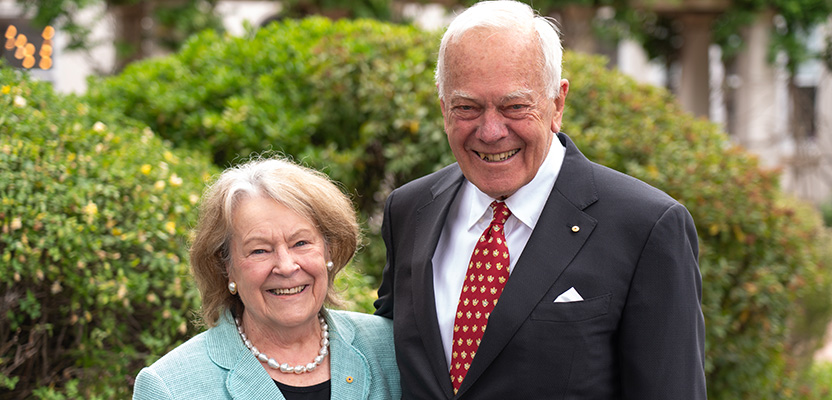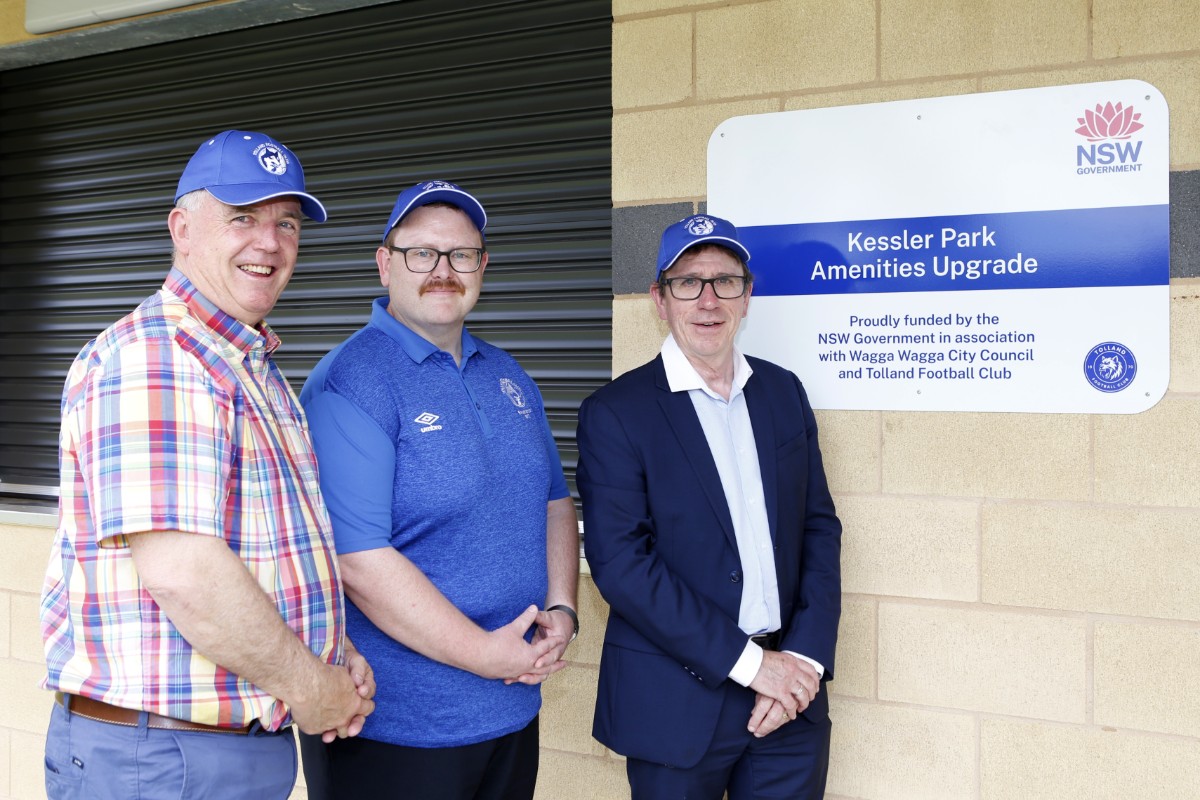
Image: RMIT students enjoying a ‘Wind Down Wednesday’ event.
One in four students experiences mental health issues – a statistic that’s not lost on the leadership team at Royal Melbourne Institute of Technology (RMIT).
In 2017, RMIT’s Academic Board endorsed a Framework for Promoting Student Mental Wellbeing in Universities, establishing a specialist team to develop and implement sustainable initiatives under action areas of the Framework – and they’ve enjoyed great success.
RMIT Project Managers, Student Wellbeing Initiatives, Vanna Garrick and Darcy Keogh describe two of the programs their team implemented in 2018, and why they worked.
“First up, we knew stigma needed to be addressed as a priority. It was something we identified early on as a major barrier to seeking help for mental health issues,” said Vanna.
“We worked with students to create ‘It’s OK to not be OK’, a simple but effective engagement campaign that coincided with exam time.”
The campaign encouraged students to join the conversation about mental health, gain insights from peers and offer personal messages of support to other students via digital. For two weeks, It’s OK to not be OK flooded all RMIT-owned communication channels including digital screens on campus, social media, website and campus computers.
“We wanted to do something that was new and positive, but also informed and safe. Our campaign lead, Dr Luke Martin played a pivotal role in this. Student messages of support were moderated, so we were able to quickly respond to anyone in need of extra support.”
It’s OK not to be OK really took off, with over 200 messages of support and a 300,000+ reach on social media.
“We were delighted with the success but not surprised. It was a heartening confirmation that our community truly gets the importance of mental health and is willing to express their care for others.”
Meanwhile, the team took over 100 applications from students to solve a real-world problem – ‘How can we enhance the mental wellbeing of students at RMIT?’.
Forty students were selected, $10,000 seed funding was provided and the university’s start-up unit, RMIT Activator, delivered a three-day workshop, guiding them through a design thinking process to a solution that would be visible, engaging and inclusive of all students.
“The result was ‘Foremind’, a team with the aim of creating a proactive student mental health culture,” said Darcy.
“Having the creative minds of 40 passionate students working collaboratively made for some really innovative ways to approach the issue of student wellbeing,” he said.
Foremind created ‘Wind Down Wednesday’, a relaxed event to coincide with World Mental Health Day. Wind Down Wednesday provided stress-relief during the pre-exam period, involving ball pits, green spaces, jars of marbles and a giant wall featuring messages of support, anxieties and gratitude.
“We wanted to hear the student voice loudly, so it had to be led by them. It really paid off.”
A participant in the Australian Network on Disability’s since 2016, Vanna says the Index is a tool that gives them valuable opportunities to measure their progress and identify areas for improvement, which helps guide their actions.
“Importantly, the [Index] scores also help us engage with accountable leaders,” said Vanna.
“We have a supportive leadership here at RMIT, which is evidenced by their endorsement of the Framework. Having their backing makes true success so much more achievable.”
About the Access and Inclusion Index
The is Australia’s foremost corporate benchmarking tool for inclusion of people with disability. It provides a unique opportunity for organisations to understand and measure access and inclusion across ten key business areas. It provides practical insights into areas of strength and opportunity that can be used as a roadmap for ongoing improvement.
To find out how the Index can help you drive access and inclusion outcomes across your organisation, join our upcoming .








